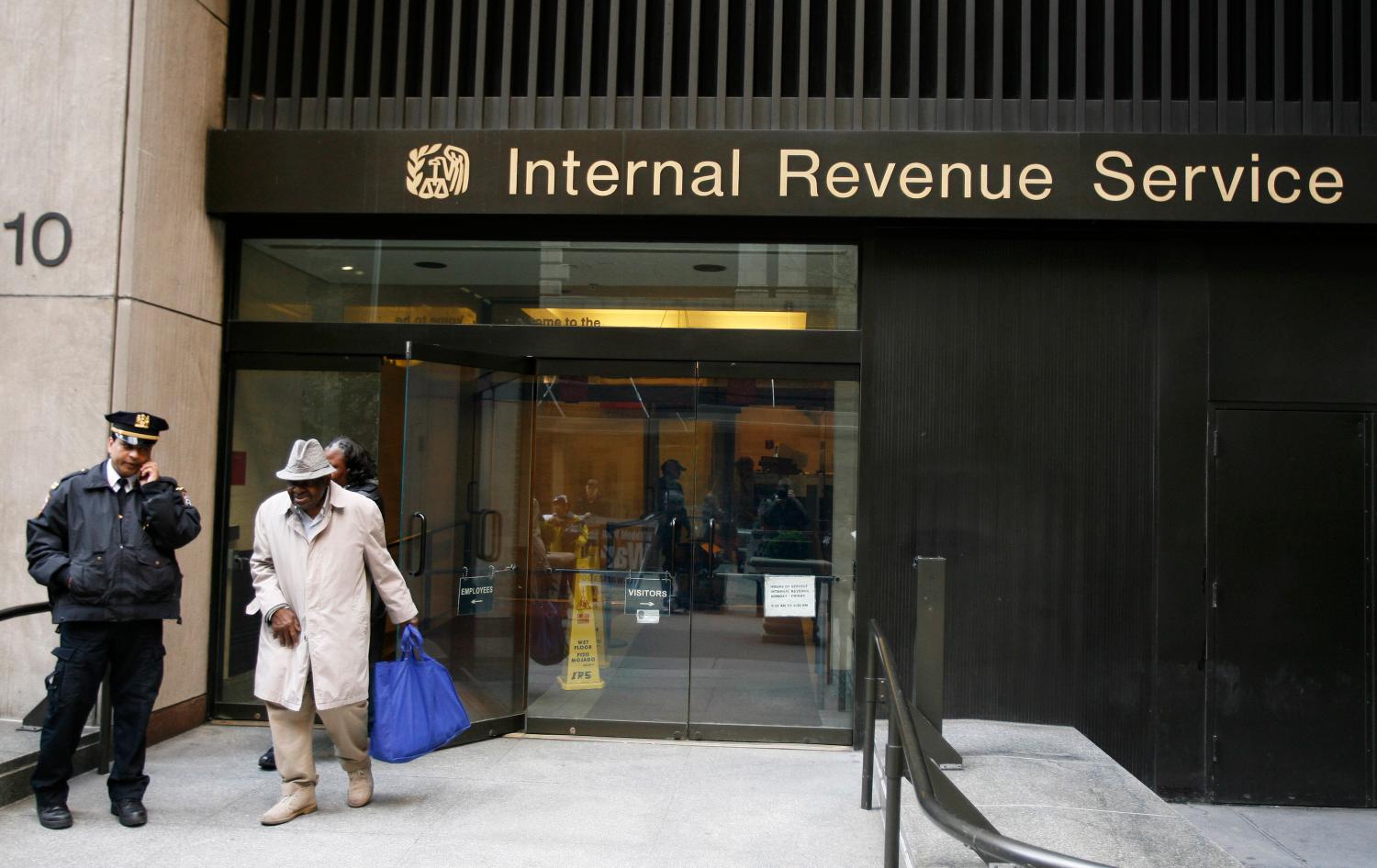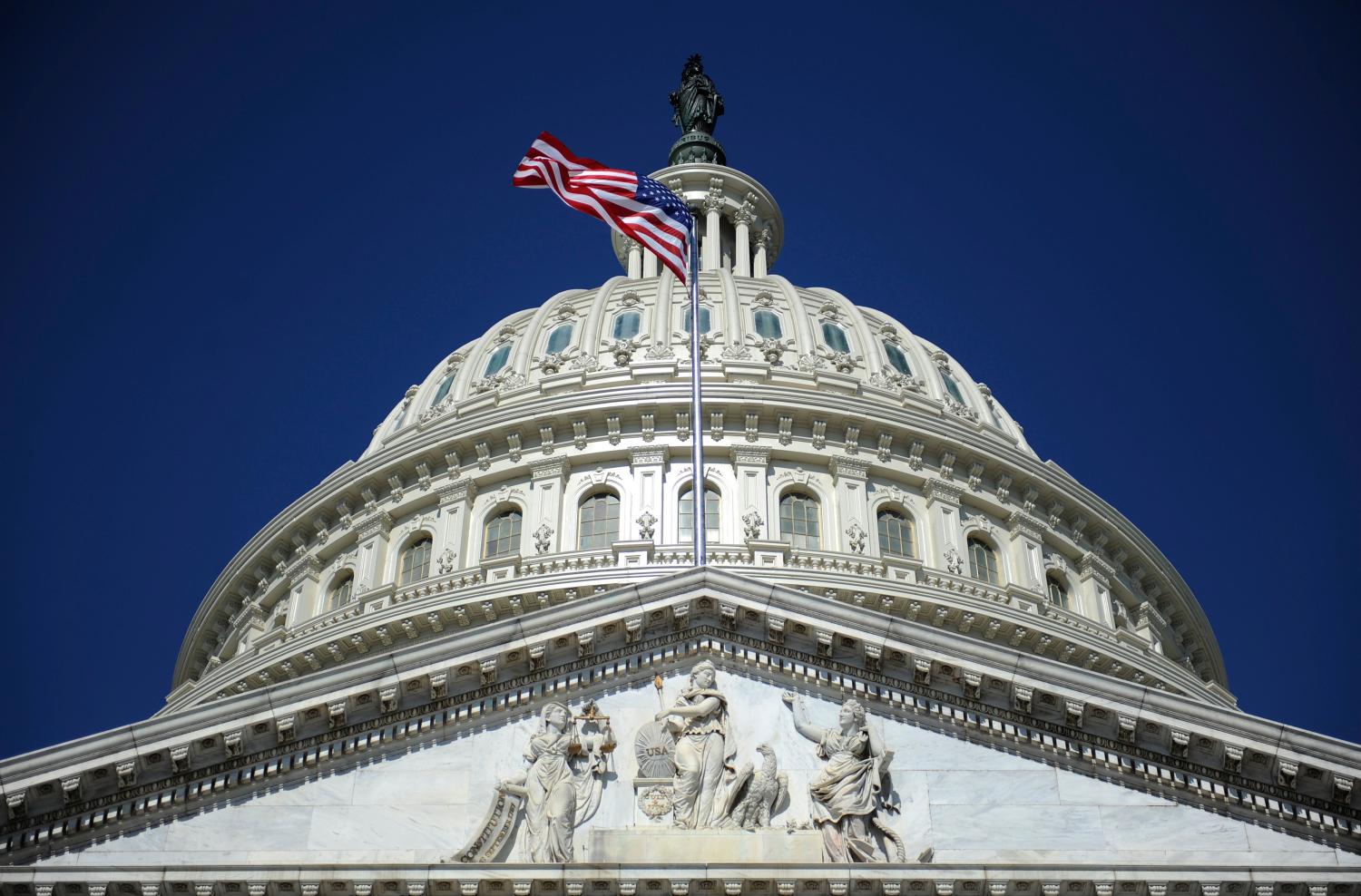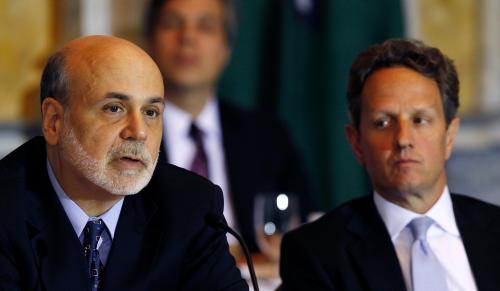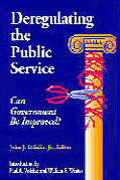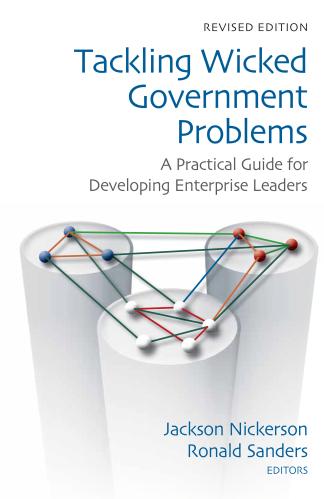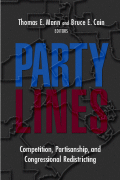As the 2016 presidential campaign makes clear, Americans today are bitterly disappointed with their government. People have begun to doubt not only its recent performance, but its basic legitimacy: its claim to be a uniquely representative institution working on the public’s behalf. Anxiety about our administrative state—broadly speaking, “bureaucracy,” which includes controversial agencies like the EPA and IRS—and its compatibility with our ideals of self-government is at the heart of our contemporary legitimacy crisis.
In this paper, Philip Wallach explores the origins and implications of this legitimacy crisis and offers a possible path toward overcoming it. He argues that both major camps fighting over the role of the administrative state fail to provide a viable means of securing effective and legitimate government. On one side are technocrats who largely deny the importance of current anger at the administrative state and are confident that people will be best served if our dysfunctional legislature allows experts in the executive branch to take the lead in providing for the public’s best interests. On the other side are populists urging a “Jeffersonian cleansing of our institutional stables meant to repudiate elite corruption, return America to its republican roots, and install citizen statesmen who will better serve the people through obedience to common sense and old-fashioned American morals.”
Wallach explains the shortcomings of both the technocratic and Jeffersonian responses to America’s legitimacy problem. Technocrats believe that existing processes such as notice-and-comment rulemaking ensure adequate representation of all viewpoints, but such limited outreach on the agencies’ own terms fails to achieve broad democratic legitimacy. The administrative state’s critics see its legitimacy problems, but their solutions tend to require the election of a new citizenry. Far from offering a viable path to self-government, their insistence that the people can govern directly leads to further disappointments and cynicism.
Wallach sketches the outlines of a realistic, workable middle way, in which statesmen lead with the guidance of experts and are made accountable to those parts of the public capable of meaningfully judging their results. This is a vision of republicanism consistent with the actual capabilities and engagement of our citizens, rather than one that depends on idealized notions of citizenship unlikely to be realized in contemporary America. It is characterized by compromise, intermediation, and incrementalism. And while he acknowledges that “our current political environment gives us plenty of reasons to be pessimistic about the chances of incremental reforms,” Wallach ultimately concludes “it should also make us realize why they are indispensable.”
The Brookings Institution is committed to quality, independence, and impact.
We are supported by a diverse array of funders. In line with our values and policies, each Brookings publication represents the sole views of its author(s).

